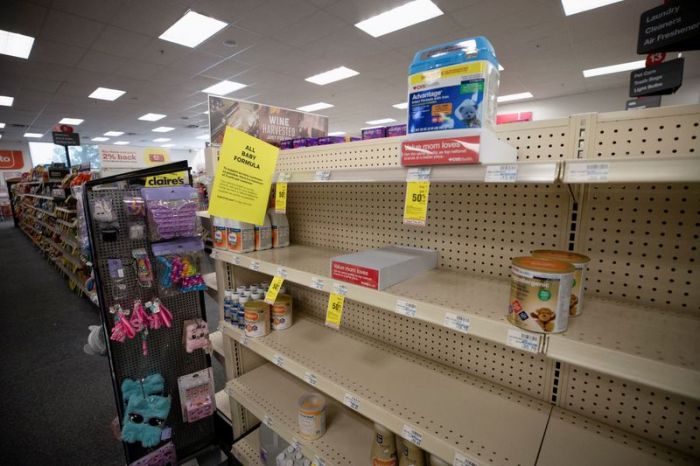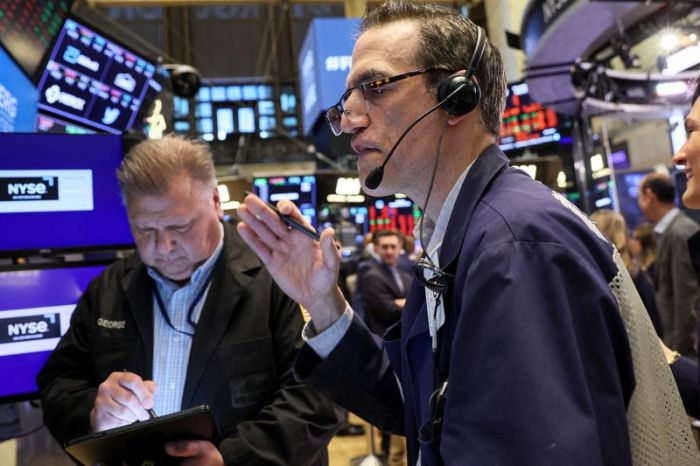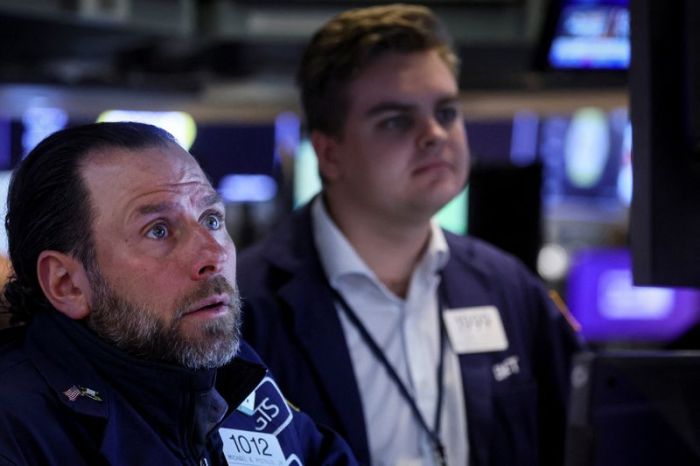(Reuters) – Oil prices settled mixed on Thursday as supply concerns and geopolitical tension in Europe got the upper hand over the economic fears dogging financial markets as inflation soars.
Brent crude fell 6 cents to settle at $107.45 a barrel. WTI crude rose 42 cents, or 0.4%, to settle at $106.13.
“The trading has been thin and nobody knows what’s going to move the needle,” said John Kilduff, partner at Again Capital LLC in New York.
A pending European Union ban on oil from Russia, a key supplier of crude and fuels to the bloc, is anticipated to further tighten global supplies.
The EU is still haggling over details of the Russian embargo, which needs unanimous support. However, a vote has been delayed as Hungary opposes the ban because it would be too disruptive to its economy.
More broadly, oil prices and financial markets have been under pressure this week amid jitters over rising interest rates, the strongest U.S. dollar in two decades, concerns over inflation and possible recession.
Prolonged COVID-19 lockdowns in the world’s top crude importer, China, have also impacted the market.
“The slide in demand growth could not come at a better time, with China seemingly on the brink of locking down the capital of Beijing at any given moment,” said Bob Yawger, director of energy futures at Mizuho.
U.S. headline CPI for the 12 months to April jumped 8.3%, fueling concerns about bigger interest rate hikes, and their impact on economic growth.
“Soaring pump prices and slowing economic growth are expected to significantly curb the demand recovery through the remainder of the year and into 2023,” the International Energy Agency (IEA) said on Thursday in its monthly report.
“Extended lockdowns across China … are driving a significant slowdown in the world’s second largest oil consumer,” the agency added.
The Organization of the Petroleum Exporting Countries (OPEC)cut its forecast for growth in world oil demand in 2022 for a second straight month, citing the impact of Russia’s invasion of Ukraine, rising inflation and the resurgence of the Omicron coronavirus variant in China.
On Wednesday, oil prices jumped 5% after Russia sanctioned 31 companies based in countries that imposed sanctions on Moscow following the Ukraine invasion.
That created unease in the market at the same time that Russian natural gas flows to Europe via Ukraine fell by a quarter. It was the first time that exports via Ukraine have been disrupted since the invasion.
(Reporting by Laura Sanicola; Additional reporting by Bozorgmehr Sharafedin in London, Florence Tan in Singapore and Stephanie Kelly in New York; Editing by Kirsten Donovan and Lisa Shumaker)























